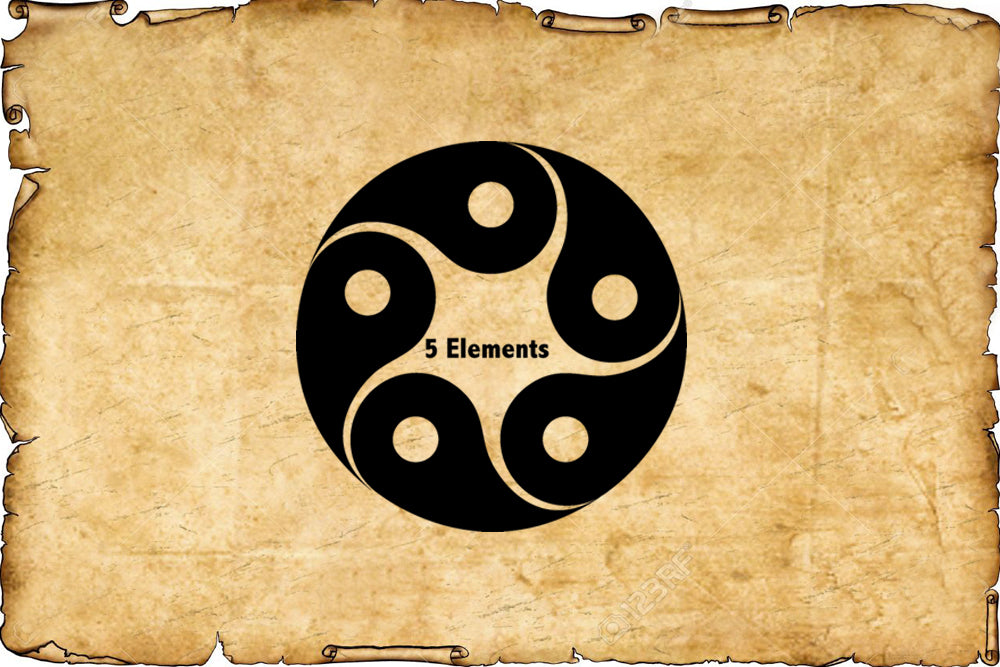
Tea is an old and a new beverage. When we speak of it as old, it’s because people discovered it thousands of years ago and it has thousands of years of history. When we speak of it as new, it’s because, over the generations, different types of people from different cultures have continually devised new ways of making tea, new ways of drinking tea, and new cultures surrounding tea. Tea has become one of the most popular beverages in the world, and in recent years, more and more Western societies are interested in traditional Eastern style tea cultures (especially of China and Japan). However, many problems still remain:
1. Only a few books explain the traditional Eastern tea cultures in terms of ancient Eastern science, bringing Eastern scientific theory and the actual experience of ancient times together in one discussion. Many people are still skeptical about the idea of traditional, ancient tea science.
2. Most people think of tea as just a simple beverage, and many just want to use tea as a product to get quick economic benefits. They don’t respect tea as primarily a medicine. Instead, they produce tea from a fast beverage production system and devised a fast tea culture (similar to the existing fast food culture) that pushes consumers to drink more tea, spinning fast as fashionable. The consequences: more forests have been cut down to grow young tea bushes in an unsustainable way. Furthermore, because those young tea bushes are growing in a system lacking biodiversity, they have to rely on pesticides to survive.
But because people have started to realize how bad the pesticides harm our earth and our health, more and more people are against tea grown with pesticides. But one important thing people don’t realize is, due to huge swaths of forest already being cut down, it’s impossible to recover a biodiverse forest overnight. Even after hundreds of years, it will still be very difficult to cover all the land that’s been cleared of forests. But those companies still want their money, so they have to make up stories to ingratiate consumers. That’s why lots of “organic”, “fair trade”, and tea companies claiming to care for rainforests are selling “good” and “healthy” products.
3. On the other hand, on the Eastern side, many people are on a harmful path of traditional and religious bondage, preventing them from opening their minds to a truly spiritual culture. Other Easterners have been brainwashed by Western culture and have totally abandoned any traditional and religious beliefs. Instead, they have fallen into the pattern set by Western economic expectations.
Tea has sadly become a symbol of people losing sight of their values and having trouble finding an authentic path in life. When Easterners switch from their traditional way of drinking tea and instead choose Starbucks coffee or Teavana tea as part of their “fashionable” new lifestyle, they may have already been either brainwashed by the mindset of rapid economic development or may have abandoned some soulful part of themselves. When Westerners try to copy the way traditional Chinese or Japanese people drink tea, they might be able to imitate the process, but it can be difficult to truly understand the cultural background and philosophy behind it.
Tea is a science of inner feeling and spiritual cultivation. No matter whether you’re a Westerner or Easterner (including modern Chinese people), if one cannot or dares not jump out of one’s own cultural matrix, one cannot accept this science which was studied by ancient Chinese society since more than a thousand years ago.
4. Many tea practitioners have used tea as a tool to abuse and mislead their followers. This has led people toward superstitious beliefs and blind worship, making the people who really want to know the truth of tea practice unable to find the right path, and misleading them so they waste time and energy.
Ancient Chinese tea is derived from more than two thousand years of experience in healing and disease prevention, as well as spiritual cultivation. Four major schools of tea have emerged: medical, scholarly, religious, and ceremonial. Tea is one of the major essences of ancient Chinese culture which cannot be separated from its people. And people fail to realize a very important thing: only we, ourselves can accurately know deep down the benefits of tea to our body so that we can accurately choose the right tea and brew it properly. What’s more, none of this is just about ourselves. Every single one of our small actions will decide the future of our Mother Earth. The more sustainably we drink tea, the more sustainable we can live on this earth.
In the tea book 5 Element Tea, I’m going to share a little of my understanding of how the Five Elements offer us insight into the medical properties and ceremony of tea so we can receive the rich health benefits of drinking tea.
- 5 Element Tea by Shana Zhang
Comments will be approved before showing up.
Jéssica Medina
April 25, 2020
Brave!!!🙏✨